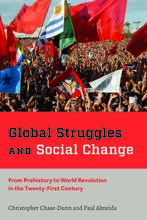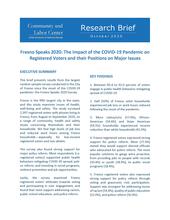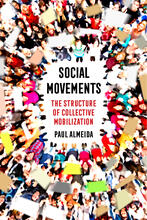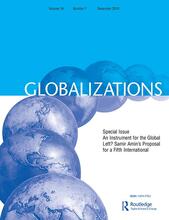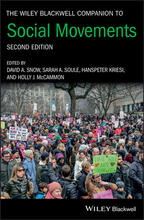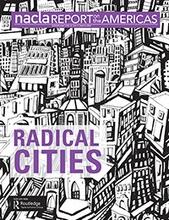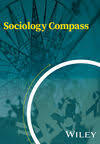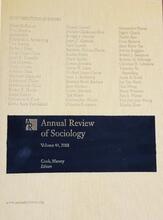Publications
2020
2019
The work outlines the fundamental properties of social movements, including chapters focusing on: classification and methods of study; dominant and alternative theoretical frameworks; movement emergence; movement framing and messaging; individual recruitment/participation; movement outcomes/conditions associated with success; and social movement struggles in the global South as well as transnational movements. The book emphasizes the critical role of joint action by ordinary people to confront major economic, political and environmental threats in the twenty-first century. More specifically, Almeida examines how and when people mobilize against economic inequality, racism, environmental injustice, climate change, gender discrimination and other major issues and the likelihood of achieving desired social change.
2018
The disciplinary fields of immigration and social movements have largely developed as two distinct subareas of sociology. Scholars contend that immigrant rights, compared to other movements, have been given less attention in social movement research. Studies of immigrant-based movements in recent decades have reached a stage whereby we can now assess how immigrant movement scholarship informs the general social movement literature in several areas. In this article, we show the contributions of empiricalstudies of immigrant movements in four primary arenas: (a) emergence; (b) participation; (c) framing; and (d) outcomes. Contemporary immigrant struggles offer social movement scholarship opportunities to incorporate these campaigns and enhance current theories and concepts as earlier protest waves advanced studies of collective action.
A growing body of scholarship acknowledges the increasing influence of global forces on social institutions and societies on multiple scales. We focus here on the role of globalization processes in shaping collective action and social movements. Three areas of global change and movements are examined: first, long-term global trends and collective action; second, research on national and local challenges to economic globalization, including backlash movements and the types of economic liberalization measures most associated with inducing oppositional movements; and third, the emergence of contemporary transnational social movements. In each of these arenas we address debates on diffusion, intervening mechanisms, and the outcomes of collective mobilization in response to global pressures.

